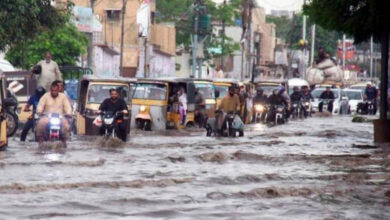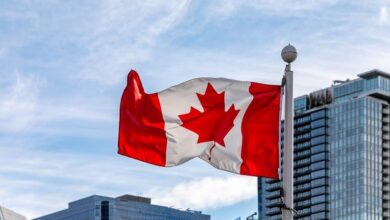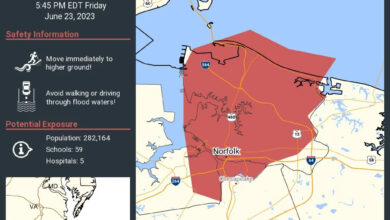Afghanistan Special Envoys Should Hold Firm Line on Rights — Global Issues
BRUSSELS, Belgium, Apr 28 (IPS) – On May 1, United Nations member state special envoys for Afghanistan will meet in Doha, Qatar, to discuss how to address the latest Taliban restrictions on humanitarian operations.
The two-day meeting follows a week of mixed messages from the UN that could directly affect next steps to help Afghans in need.
On April 18, the Administrator of the United Nations Development Program (UNDP) Achim Steiner warned that unless the Taliban lifted its ban on Afghan women working for the UN, the UN was “ready to make the heartbreaking decision to withdraw from the country.”
The next day, the UN Deputy Secretary General, Amina Mohammed He suggested member states use what little leverage they have to explore “baby steps” that could put the Taliban “on the path to recognition.”
Surely there is a compromise between the threat of full UN withdrawal and the dangling carrot of recognition. And it seems special envoys are expected to find it.
Unfortunately, the divisions among the special envoys over approaches to the Taliban mirror those of the UN Security Council. China, Russia and Japan want the UN to focus on aid and Afghanistan economic crisis. The US, UK and France have pushed hard with the Taliban on human rights.
In March, when the Security Council passed a resolution extending the mandate of the UN Assistance Mission in Afghanistan, passed a second resolution calling for an independent assessment of UN operations with the aim of finding “an integrated and coherent approach… to address current challenges”.
While China and Russia had sought a broader assessmentThe US and UK showed skepticism with which it emerged.
Meanwhile, the latest Taliban restrictions have been catastrophic for the Afghan people, two thirds of which they depend on food aid, most of them women and girls.
The increasingly repressive position of the Taliban that prohibits women from working for humanitarian organizations (except in health and primary education) and the UN, has forced aid agencies and organizations to choose between ending their programs or negotiating ways to provide life-saving assistance without compromising principle. This is not a choice they should have to make.
Special envoys must make this clear in Doha and hold a firm line that only a reversal of the Taliban’s oppressive policies will open the door to further engagement.
patricia gosman is associate director of the Asia division of Human Rights Watch. Prior to joining HRW, Dr. Gossman was Director of the Afghanistan Program at the International Center for Transitional Justice in Afghanistan, and was the founder and director of the Afghanistan Justice Project, an OSI-funded project to document the crimes of war committed during the Afghan conflict. , 1978-2001.
IPS UN Office
Follow @IPSNewsUNBureau
Follow IPS News UN Office on Instagram
© Inter Press Service (2023) — All rights reservedOriginal source: Inter Press Service



